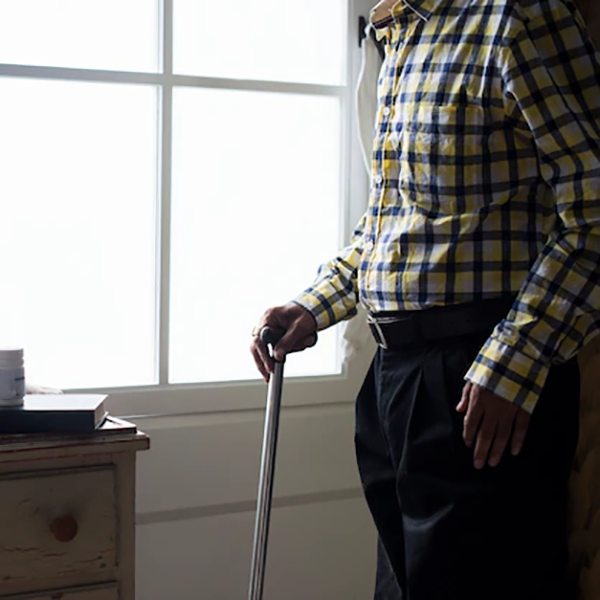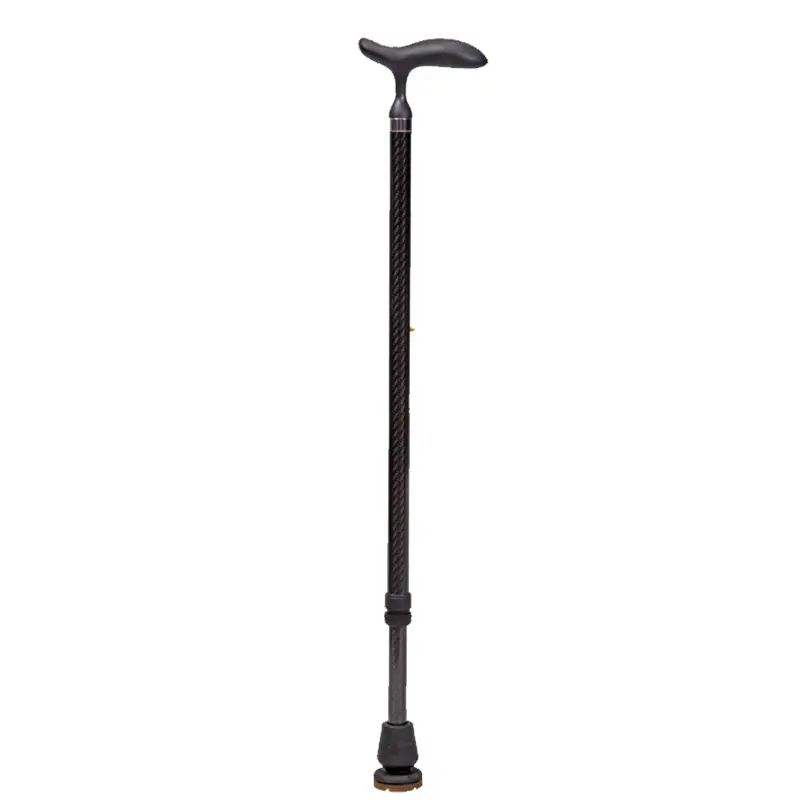It’s not uncommon for our mobility to decline as we age, making simple tasks like walking difficult. Thankfully, assistive devices such as canes and walkers are readily available to help people maintain their independence and mobility. However, figuring out whether you should use a walking stick or walker can be a daunting task.
First, you must understand the functions and uses of canes and walkers. Canes, also known as walking sticks, provide support and stability for people who need the least assistance while walking. It is especially useful for those with mild balance problems or weakness in only one leg. On the other hand, walkers come in a variety of styles, such as standard walkers, walkers, and knee walkers, to provide more stability and support. They are ideal for individuals who need extra help and balance control due to severe weakness, instability, or certain medical conditions.
To determine whether a cane or a walker is more appropriate, it is important to assess your specific needs and abilities. Consider the following factors:
1. Balance: If you have slight balance problems but are otherwise fairly stable, a cane may be the right choice. However, if your balance is severely impaired, a walker will provide better stability and safety.
2. Strength: Assessing your strength is critical. If you have sufficient upper body strength and are able to lift and manipulate the cane, then this may be a suitable option. On the contrary, if you are physically weak, a walker may be more practical and does not add to the physical burden.
3. Endurance: Consider how far and for how long you usually have to walk. If you can walk short distances without feeling too tired, then a cane is sufficient. However, if you need support for a longer duration or distance, a walker will provide better endurance.
4. Mobility Limitations: If you have a specific health condition that affects mobility, consult your healthcare provider to determine whether a cane or a walker would be more appropriate.
Ultimately, whether you choose a cane or a walker, it is vital to consult a healthcare professional to ensure the proper installation and use of the equipment. They can assess your specific needs and recommend the most suitable option.
In conclusion, canes and walkers play a vital role in maintaining the mobility and independence of individuals with reduced mobility. By considering factors such as balance, strength, endurance, and specific limitations, you can make an informed decision about which assistive device is best for your needs. Keep in mind that it is always advisable to seek professional advice to ensure your safety and comfort while using these assistive devices.
Post time: Sep-25-2023







